About Mental Health Institute Circle Program
The Circle Program at the Mental Health Institute in Pueblo, Colorado is an inpatient treatment facility for addiction with a strong mental health focus. This 90 day residential program is suitable for individuals who have substance use disorders as well as co occurring disorders. This model of treatment is based on abstinence and also weaves in evidence based therapies to address the source of the addiction.
Beyond Therapy
This program provides a fully integrated dual diagnosis treatment. Cognitive behavioral therapy and dialectical behavior therapy are offered to help patients challenge negative thinking and learn skills to manage emotions healthily.
The program is trauma informed and provides additional support for clients who have experienced abuse, PTSD or other forms of trauma. Where the Circle Program differs from many other rehab centers is that it offers a very high degree of structure for emotional healing.
A Resource for Families
Family members also benefit from this program as it provides resources to help them to understand addiction, how to identify enabling behaviours and how to set boundaries. Parents who are lost and seeking direction can find guidance in the program’s educational sessions and intervention recommendations.
The program also has support groups where families can express themselves and gain insights from other families in the same situation. The Circle Program provides patients and their families with resources to manage crises and build better relationships for sustainable recovery.
Addiction Treatment Programs
Alcohol Rehab
If you choose an alcohol rehab in Colorado, you’ll receive professional treatment that will help you break free of addiction. Alcohol programs address the mental, emotional, and relational issues that may contribute to addiction. You’ll learn to build a new support network that supports your long-term sobriety.
Dual Diagnosis
Dual diagnosis treatment in Colorado addresses both your mental health and your recovery needs. Along with traditional evidence-based substance use treatment, clients may receive mental health counseling, medication, peer support, and other tools to help them manage their mental health.
Opioid Addiction
If you’re struggling with opioid addiction, consider finding a treatment program in Colorado. These treatment programs offer detox, inpatient treatment, and outpatient care. You may receive individual, group, and family counseling, peer support, and classes in essential life skills.
Adult Program
An adult program in Colorado can provide every level of care while addressing the unique emotional and mental needs of adults. Along with traditional evidence-based treatment, clients may receive employment support, parenting classes, and help securing housing.
Men's Rehab
A men’s rehab in Colorado helps clients build same-gender friendships, overcome substance use, and learn new life skills. Along with traditional evidence-based treatment, clients may receive education on topics relevant to men, such as fatherhood, healthy relationships, emotional vulnerability, and more.
Women's Rehab
Choosing a women’s rehab in Colorado helps give the support you need in overcoming addiction and learning to handle gender-specific challenges. Along with traditional evidence-based treatment, clients may receive help with childcare, classes in parenting, and advice about being a working mother and building healthy relationships.
Young Adult Rehab
Young adult rehab programs in Colorado address the unique needs of this stage of life. Along with traditional evidence-based treatment, clients may receive educational support, employment training, and help securing housing.
Insurance Coverage
Medicaid
If you qualify in Colorado, Medicaid is one of your options when it comes to paying for rehab. This can be helpful for those struggling to pay for treatment. Look for centers that accept Medicaid and offer the levels of care you need, such as detox, inpatient, and outpatient treatment.
Private insurance
If you have private insurance, the plan can cover some or all of the costs of rehab in Colorado. The specific amounts will vary depending on plan details, and you’ll want to ensure you understand the copays and deductibles you may be responsible for. Keep in mind that in-network centers will have lower costs for you.
Self-pay options
Self-pay allows you to pay the full cost of addiction treatment in Colorado by check, sending electronic payment to the center, or getting a medical loan. Keep in mind that fee structures may vary depending on the level of care.
Financial aid
In Colorado, financial aid programs can be a great option when it comes to paying for rehab, if you qualify. Financial aid directly from the treatment center is one option, or you might be able to find grants or scholarships from community groups or local non-profits.
Medicare
There are many ways to pay for rehab in Colorado. One option is Medicare. Different Medicare plans may vary, so it’s important to get full details. Also, be sure to choose a treatment center that accepts your specific plan.
Military insurance
How do you pay for rehab in Colorado? A good option for military members and veterans is military insurance. Insurance plans vary, so it’s important to contact the insurer for details. The best way to keep costs down is to choose a treatment center in your plan’s network.
Levels of Care
- 1
Detox Treatment
During detox in Colorado, you allow the substances to leave your system so you can start rehab fully sober. A medical detox program will provide 24/7 supervision by medical staff who can treat withdrawal symptoms with FDA-approved medication and other treatments.
- 2
Inpatient Rehab
Attending inpatient treatment in Colorado allows you to get evidence-based care while living in the facility, helping you establish long-term recovery. Residential treatment allows you to build new relationships and begin to learn how to enjoy life without substance use.
Therapies
Trauma Therapy
In Colorado, trauma-informed therapy allows you to be honest about what has happened to you in the past and understand how substance use may be a response to that. From there, you can create better coping strategies. Trauma-informed therapy sessions generally last 60 to 90 minutes and may include discussing a specific event, talking about emotional triggers, and learning emotional regulation and cognitive restructuring skills.
Location
Contact Mental Health Institute Circle Program
Top Drug Rehab Centers in Colorado
-
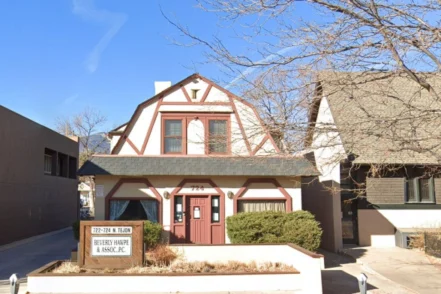 Colorado
ColoradoBeverly Hawpe and Associates
724 North Tejon Street Colorado Springs, Colorado 80903
-
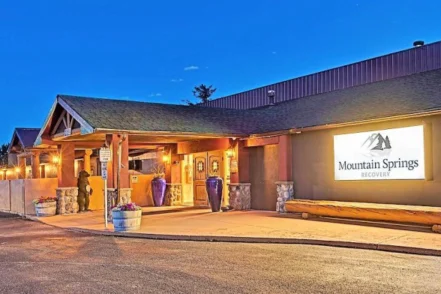 Colorado
ColoradoMountain Springs Recovery
1865 Woodmor Monument, Colorado 80132
-
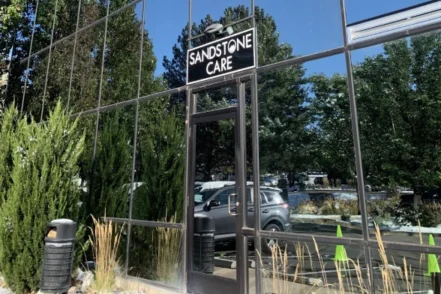 Colorado
ColoradoSandstone Care Denver Center
7555 East Hampden Avenue, Suite 103 Denver, Colorado 80231
-
 Colorado
ColoradoRed Rock Recovery Center
12567 W Cedar Drive, Suite 100 Lakewood, Colorado 80228
-
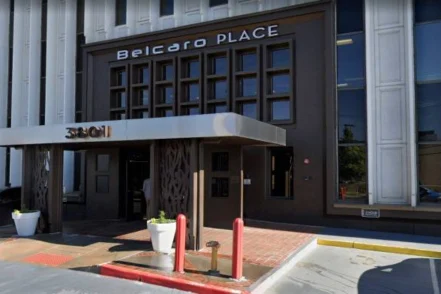 Colorado
ColoradoDenver Womens Recovery
3801 East Florida Avenue, Suite 650 Denver, Colorado 80210
-
 Colorado
ColoradoThe Rose House Louisville
601 Snowpeak Ln Louisville, Colorado 80027
-
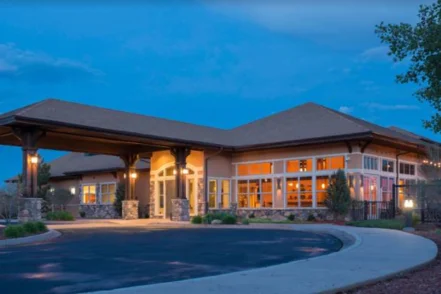 Colorado
ColoradoThe Recovery Village at Palmer Lake
443 S. CO-105 Palmer Lake, Colorado 80133
-
 Colorado
ColoradoValley Hope of Parker
22422 E Main Street Parker, Colorado 80138
-
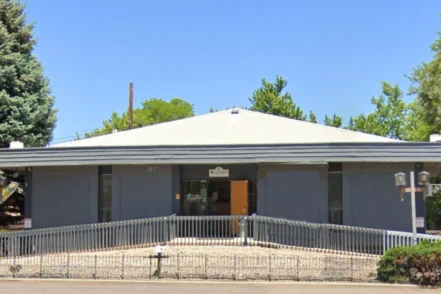 Colorado
ColoradoA New Perspective Counseling Centers Loveland
2017 West Eisenhower Boulevard Loveland, Colorado 80537
-
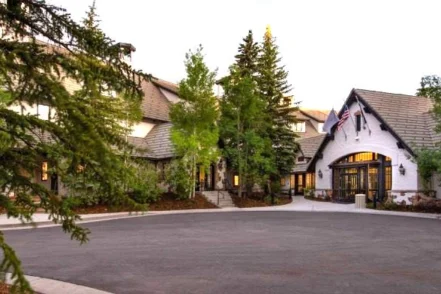 Colorado
ColoradoAll Points North Lodge
2205 Cordillera Way Edwards, Colorado 81632